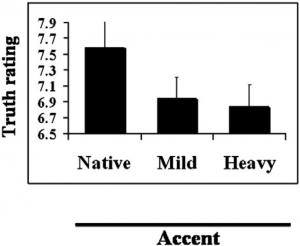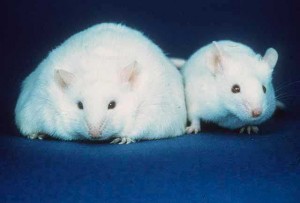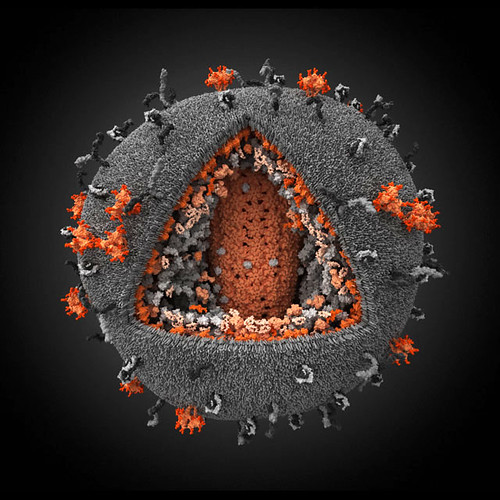With over 9 million Canadians living with diabetes, “1 in 3” could mean a friend, a sibling or a parent…
Why take note?
The likelihood of developing diabetes is greater than being in a fatal motor vehicle accident (1 in 81), it’s greater than perishing in an earthquake (1 in 132,000), and, of course, it’s much greater than winning the lottery (1 in roughly 14 million).
Yet most of us have learned how to act when an earthquake hits, and many of us spend dollars a week hoping for that miracle jackpot.
Wouldn’t it be worthwhile to give some thought to a disease that has undoubtedly touched every Canadian?
Know the facts:
With the onset of the 21st century, diabetes has since become one of the most common and quickest growing diseases around the world. It’s estimated there are 285 million diabetics worldwide, many of whom can not properly afford the cost of treatments and supplies; with an additional 7 million cases every year, it’s predicted there will be 438 million diabetics by 2030.
Think local:
Today in Canada, nearly one third of the population has diabetes, or indicates prediabetes symptoms. With linked factors such as obesity on the rise, this number is expected to increase.
What’s the issue:
Our bodies obtain energy from the food we consume. This energy comes from foods like bread, pasta, dairy and fruit, in the form of sugars (specifically glucose).
Inside the human body, a hormone called insulin regulates the level of this sugar, preventing it from being too concentrated in the blood.
However, with Type II Diabetes, a person’s body is resistant to insulin and cannot use this crucial hormone – sugar builds up.
So what happens if you have too much sugar in your blood? Since the blood travels all around your body, various health problems can arise: high blood sugar is linked to heart disease, stroke, kidney failure, blindness, and even nerve disease.
This short video provides more detail on the matter:

What’s it like to live with diabetes?
We interviewed a University of British Columbia student who lives with diabetes:
Audio clip: Adobe Flash Player (version 9 or above) is required to play this audio clip. Download the latest version here. You also need to have JavaScript enabled in your browser.
Current Events:
A team of UBC researchers is actively pursuing an alternative to established diabetes treatments.
Instead of common synthetic medications, Dr. Stephen Withers has derived an alternative that stops the disease at the root; basically, this natural molecule will slow the rate of sugar entering the blood. By having this control mechanism, sugar levels should not spike.

Having a natural and readily available alternative has big implications for Type II sufferers: management of uncomfortable side-effects and potentially less spending.
Outlook:
The World Health Organization estimates that the number of deaths due to diabetes will double by 2030. Dr. Withers’ new medication offers treatment options to millions who lack the necessary funds for proper supplies and medication – this little plant has the potential to save millions of lives.
Published by Andrea, Jaejoon, Sogol & Sean


























